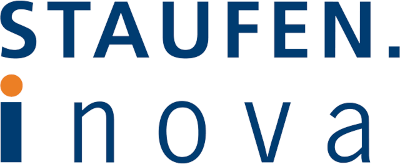
Strategic and operational challenges in the energy sector
Mastering the digital transformation with sustainable energy
A stable energy supply is the foundation for any economic success. Consequently, the spectrum of the Swiss energy industry is quite vast: Ranging from conventional power generation, renewable power plants to network operation for the district distribution of electricity, water, heat and gas. Nonetheless, the energy industry is currently experiencing a global transformation. Impacted by factors such as climate protection, the circular economy, growing markets for battery storage and hydrogen, and digitalization.
The public utilities (electricity, gas, water, infrastructure) face similar strategic and operational challenges, notwithstanding political pressure for further liberalization of the Swiss electricity market and the “unbundling” of network operators. These challenges relate both to energy production / procurement, network development and a customer-focused product and service structure.
In many companies, the site issue is yet another challenge. Current sites are historically settled, impeding the company’s further development. Workshops and logistics are often dominated by commercial structures and a high degree of vertical integration. Sales, operations and procurement processes are managed in functional silos.
We review all of these factors and re-align your processes digitally. Our experience in awarding contracts and cooperating with third parties in the field of network construction and maintenance is a good basis for further synergies and for collaborative ventures. With our consulting expertise, we provide support for site evaluations and operational planning, cooperative projects, make-or-buy solutions, process alignment of the organization, and process digitalization.
Concepts and solutions
For many utility companies, the site issue or the site network issue of their depots is an additional challenge. Current sites are historically settled, often in the urban or residential heart of a city, and impede business development. Currently, some existing, large utility plant sites are being redeveloped into mixed-use zones, incorporating both residential and other commercial operations. Is this a forward-looking approach or does it impose too tight a corset on infrastructural corporate development? Building on the market and corporate strategy, and taking into account optimized operational processes in workshops, logistics and administration (see also Transformation: Process-oriented organization), sites and site networks and their layout are worked out with a view to the future on the basis of operational planning.
For many years, Staufen.Inova AG has successfully provided utility companies support in optimizing their site networks and processes in all direct and indirect areas. The lessons learned from these projects make it clear again and again: Particularly firmly established companies neglect to fundamentally adjust operations for too long, wasting a lot of potential in the process.
Workshops and logistics are often dominated by commercial structures and a high degree of vertical integration. Sales, operations and procurement processes are managed in functional silos. Utility companies are increasingly asking themselves the question of the best possible vertical integration. What will the market services be in the future? Which services should be provided by the company itself and where should collaborations / partnerships be entered into? Moreover, is the organization properly aligned for this purpose? And how are the cooperation partners managed or incorporated to the benefit of both?
We support you in identifying vertical integration, creating cooperative ventures, and perfecting the relevant processes and making them more flexible. This enables you to fully focus on the value-adding activities, i.e. ensuring supply and meeting customer requirements on time, in quality and on budget.
Today, more than ever, the success of a company depends on living a culture of change. The entire workforce must continuously aspire to improvements. An end-to-end view is often beneficial for sustainable improvements – it is best supported by a process-oriented alignment of the organization.
For management, this means showing leadership skills: It needs to give its staff support and orientation in the change process and provide them with the tools they need for technological change. What must not be overlooked is this: Younger employees in particular expect a different kind of leadership and a different corporate culture.
These demands pose major challenges even for seasoned industry managers. Experienced coaches from Staufen.Inova AG offer them support.
Digitalization is a threat to established business models – but technological progress not only poses risks, it also offers great opportunities for companies. It is possible, for example, to further optimize operational processes through digitalization, networking and big data. Yet companies should also look elsewhere with a view to creating new products and services.
For medium-sized companies in particular, Industry 4.0 poses an enormous challenge – yet success factors here include simplifying and/or automating in the right place. The experts at Staufen.Inova AG accompany you on your way to a successful future by combining classic lean design principles with the latest technical solutions.


